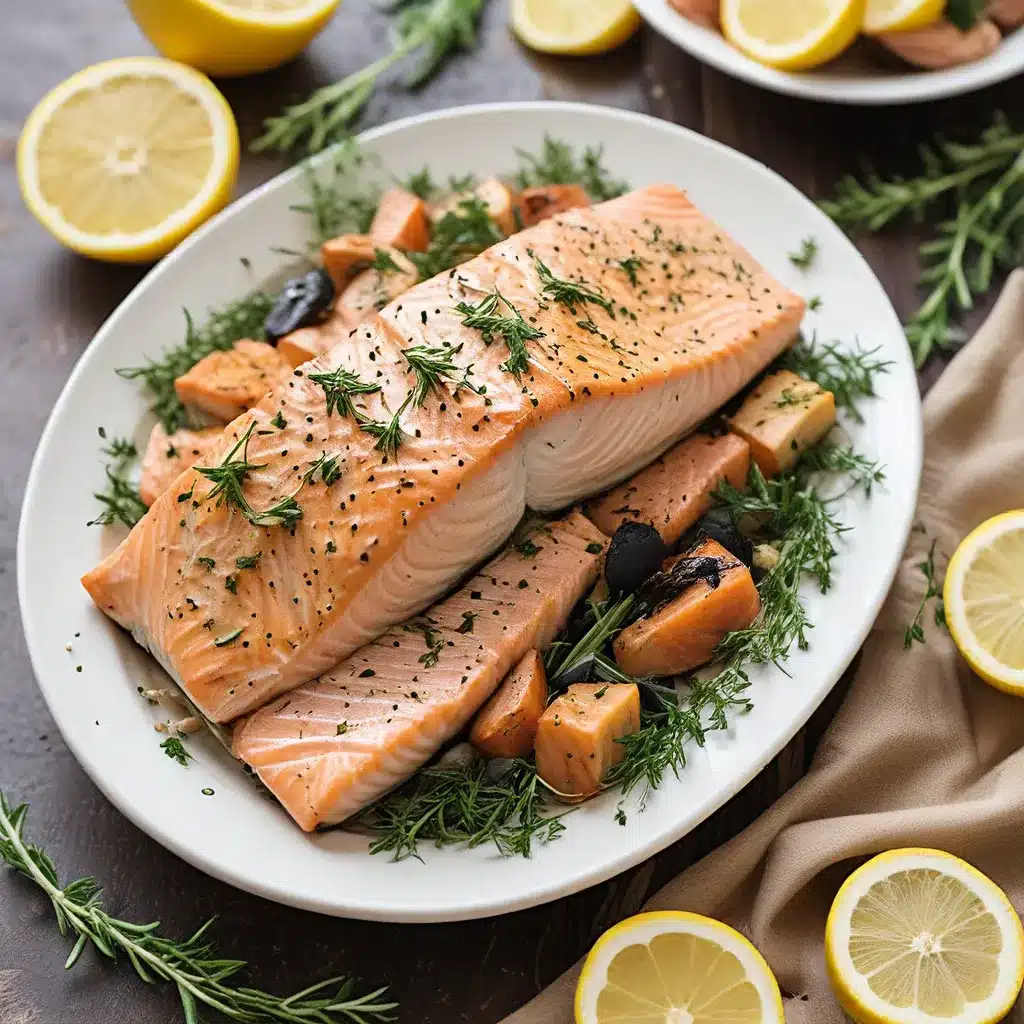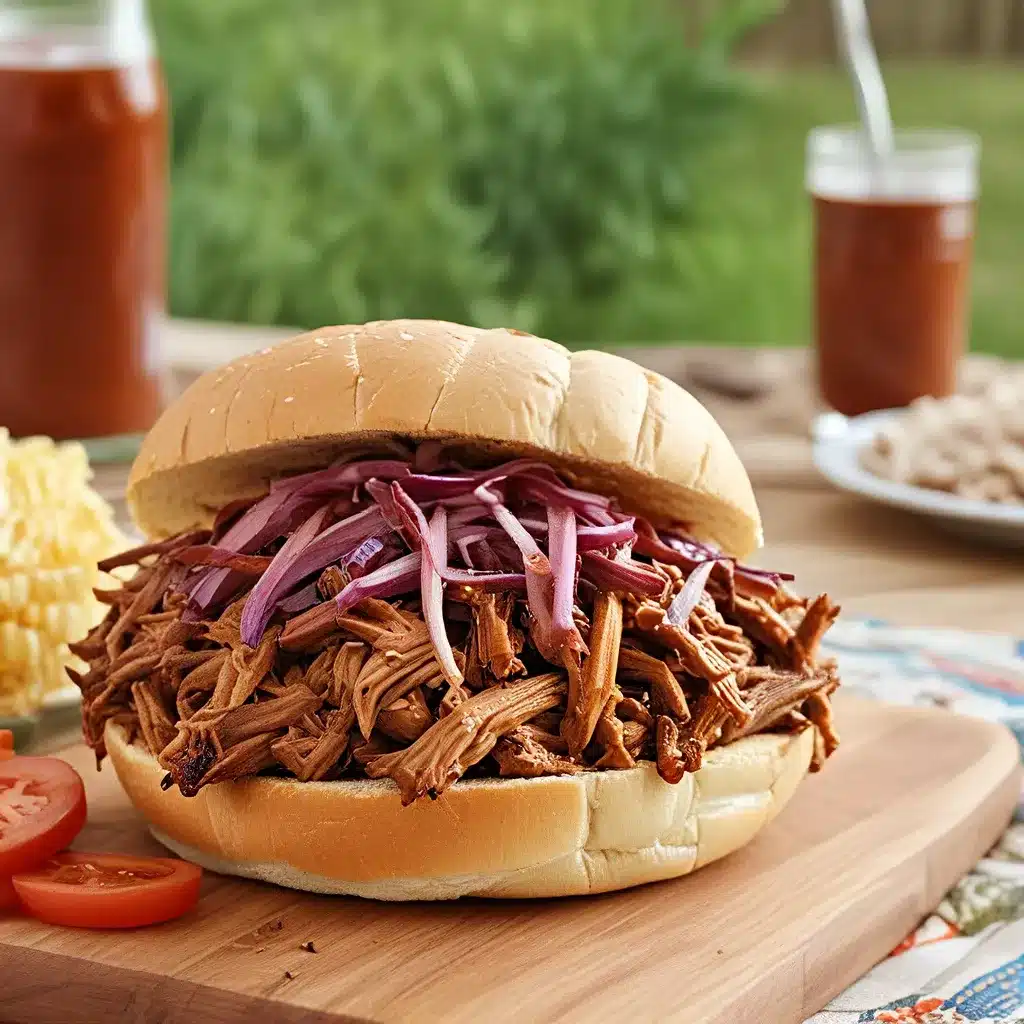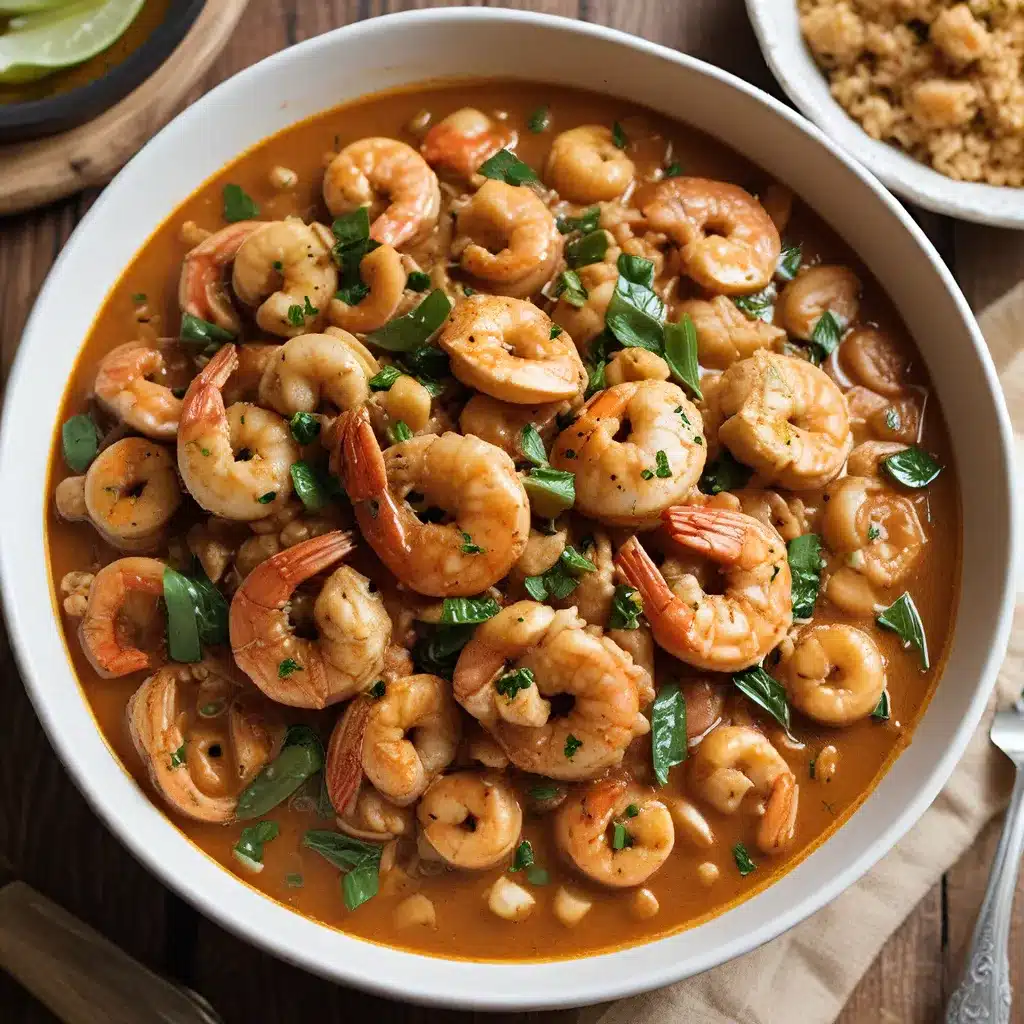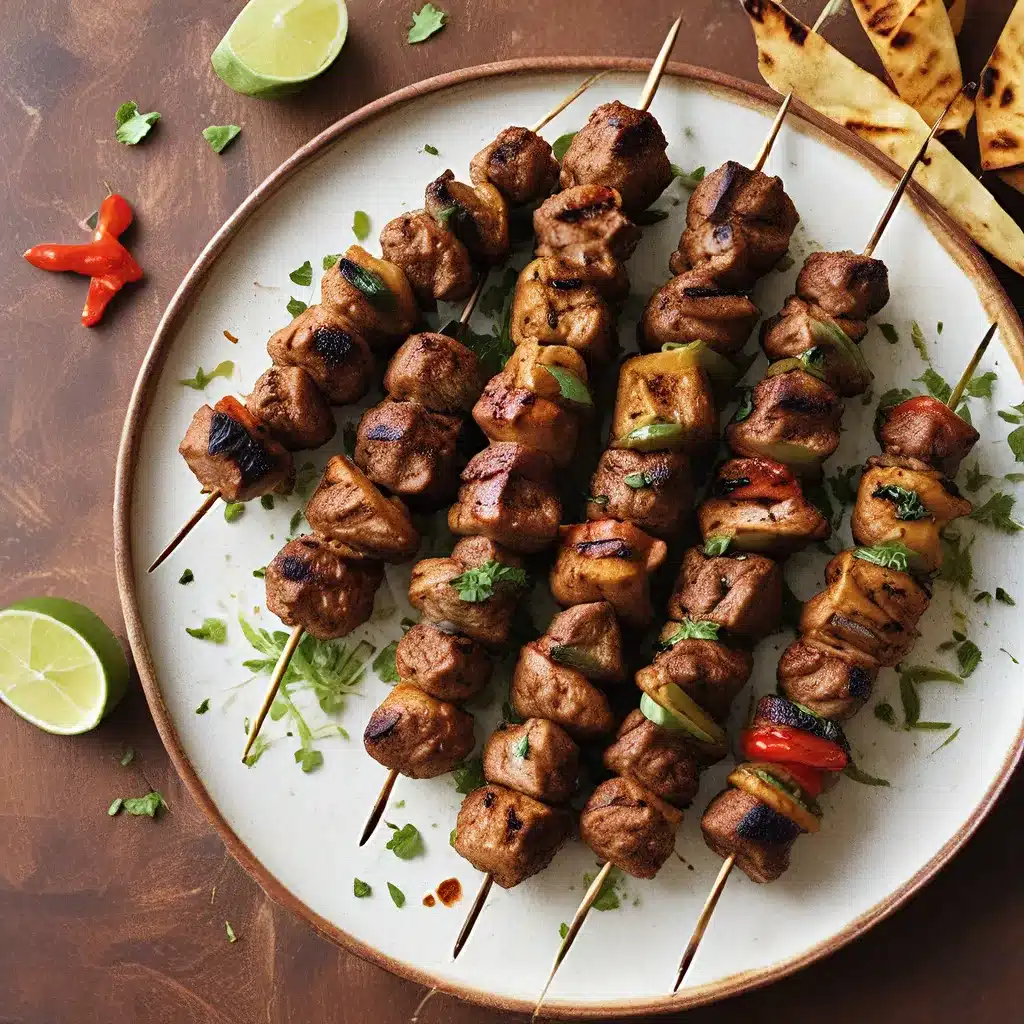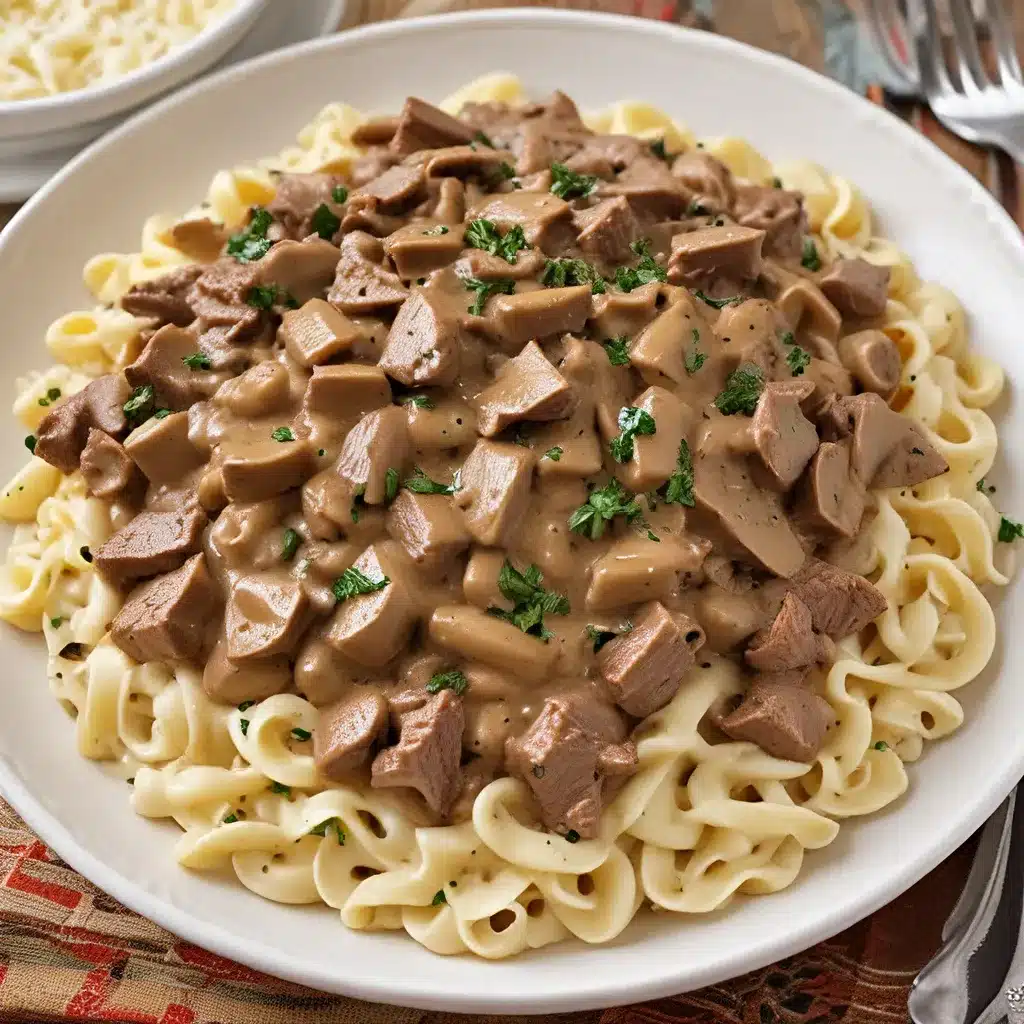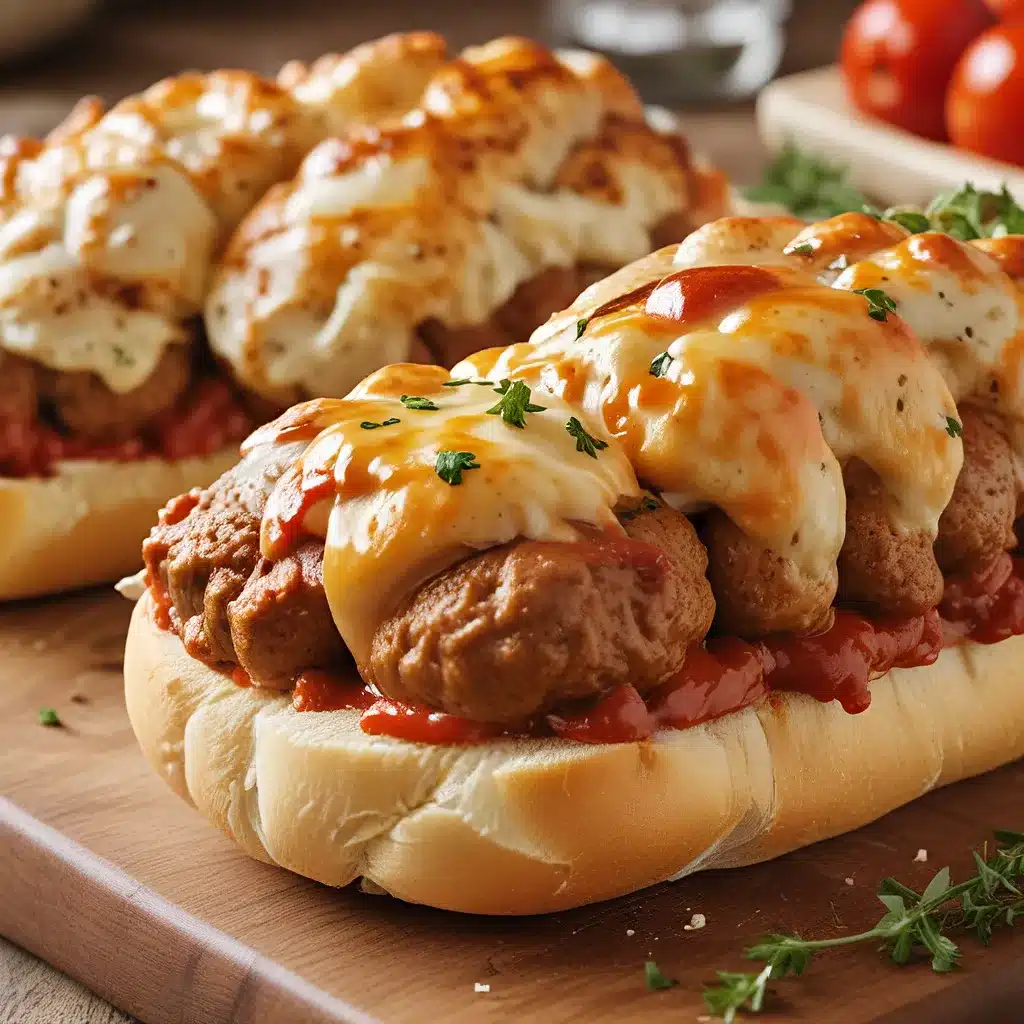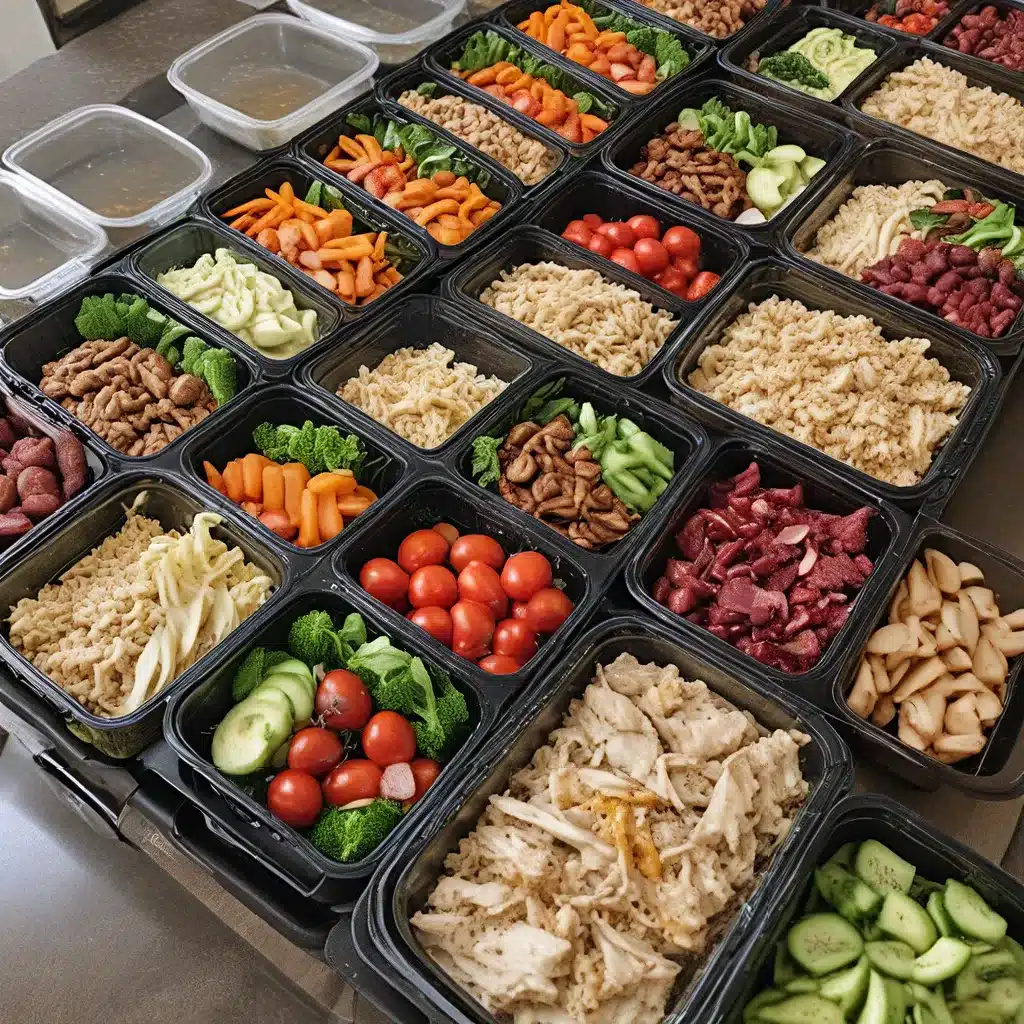
As someone who’s been meal prepping for years, I can confidently say it’s a game-changer when it comes to saving time, money, and reducing food waste. But I know the idea of meal prepping can be intimidating, especially if you’re new to it. That’s why I’m here to walk you through a Meal Prep 101 and help you get over that initial hump.
What is Meal Prepping?
Meal prepping is simply the act of preparing a meal or recipe and then portioning it out to create grab-and-go meals for later. It’s like packing your lunches for the week all at once, instead of doing it each morning. You can use this technique for breakfast, lunch, dinner, and even snacks.
The beauty of meal prepping is that it’s convenient, efficient, and helps reduce waste. When cooking every single day is out of the question, meal prepping allows you to still enjoy home-cooked meals without having to dedicate time each day to preparation.
Who is Meal Prepping For?
Meal prepping is great for people who value convenience and efficiency over variety. If you don’t mind eating the same thing for a few days in a row, then meal prepping is perfect for you.
On the other hand, if you get bored with leftovers or dislike repetition, meal prepping might not be your cup of tea. The key is to be honest with yourself about your preferences and find a system that works for you.
What Foods Meal Prep Well?
When it comes to meal prepping, some foods work better than others. Generally, dishes that hold up well in the fridge and can be easily reheated are the best candidates. This includes things like:
- Stews, chilis, and casseroles
- Pasta dishes
- Curries and stir-fries
- Grains like rice, quinoa, and farro
- Roasted vegetables
- Lean proteins like chicken, turkey, and beans
On the other hand, foods that are more delicate or don’t reheat well, like fresh salads, can be a bit trickier to meal prep. But there are still ways around this, like packing the dressing separately or prepping the components individually.
How Long Do Meal-Prepped Foods Last?
This is probably one of the most common questions when it comes to meal prepping. The truth is, there’s no one-size-fits-all answer. The lifespan of your meal-prepped foods can vary depending on a few factors:
- Storage method: Foods stored in the fridge tend to last 4-5 days, while items in the freezer can last 2-3 months.
- Packing technique: Properly sealing and portioning your meals can help them stay fresh longer.
- Ingredient composition: Dishes with more moisture or delicate components may not last as long as heartier meals.
As a general rule of thumb, I try not to prep more than 4 days’ worth of meals at a time. By the fifth day, I find that the food has usually lost its luster and become a bit too limp and lifeless for my liking.
Meal Prepping Basics
Now that you have a better understanding of what meal prepping is and what it entails, let’s dive into the basics of getting started.
Start Small
When it comes to meal prepping, I can’t emphasize this enough: start small. Begin by simply packing up your leftovers from dinner one night and taking them for lunch the next day. This will help you get comfortable with the process and figure out what types of foods you enjoy as meal-prepped leftovers.
Once you’ve mastered that, you can start picking one recipe to prep for the week ahead. I suggest starting with a single-dish meal, where your protein, grain, and vegetables are all in one recipe. This eliminates the need to worry about making separate side dishes.
Choose a Meal Prep Formula
As you get more comfortable with meal prepping, you can start exploring different “formulas” to keep things interesting. Here are some ideas:
- Protein + Grain + Veggie: This is the classic meal prep formula, where you have your protein, a whole grain, and some roasted vegetables all in one container.
- Power Bowl: Build a base of grains, greens, or quinoa, and top it with a variety of proteins, veggies, and healthy toppings.
- Breakfast Meal Prep: Make a batch of oatmeal, egg cups, or breakfast sandwiches to have on hand.
Invest in the Right Containers
Having the right containers can make a big difference in the success of your meal prepping efforts. I started out with simple reusable plastic containers, but as my budget allowed, I upgraded to glass containers.
My personal favorites are the 3-cup rectangular Pyrex containers and the 4-cup Pyrex bowls. These are great for portioning out full meals. I also like to have some smaller 1-2 oz containers for things like dressings, dips, and sauces.
Meal Prepping Tips and Tricks
Now that you’ve got the basics down, here are some additional tips and tricks to level up your meal prepping game:
Utilize Your Pantry and Freezer
Before you even start searching for recipes, take a look at what you have on hand. Scour your pantry and freezer for ingredients you can use up, like canned beans, frozen proteins, or that half-used bag of pasta. This will not only save you money, but it will also help reduce food waste.
Get Inspired by Takeout Favorites
One of my favorite ways to come up with meal prep ideas is to think about the dishes I love to order for takeout. Chances are, there’s a simple, homemade version of that dish that would be perfect for meal prepping.
Mix Up the Textures and Flavors
When you’re eating the same meal for multiple days, it’s important to keep things interesting. Try incorporating a variety of textures, like crunchy veggies or toasted nuts, and playing with different seasonings and sauces to prevent flavor fatigue.
Freeze Portions for Later
If you find that you’ve prepped too much for the week, don’t let it go to waste! Portion out any extra servings and pop them in the freezer. That way, you’ll have a stash of ready-to-go meals for those nights when you just don’t feel like cooking.
Meal Prepping for the Long Haul
Meal prepping is a skill that takes time and practice to perfect. But once you get the hang of it, it can be a game-changer for your time, budget, and overall wellness.
Remember, the key is to start small, experiment with different formulas and techniques, and find a system that works for your unique lifestyle and preferences. And don’t be afraid to share your meal prep wins in the comments below – I’d love to hear what’s worked for you!
Now, who’s ready to dive into the world of meal prepping? Let’s do this!

